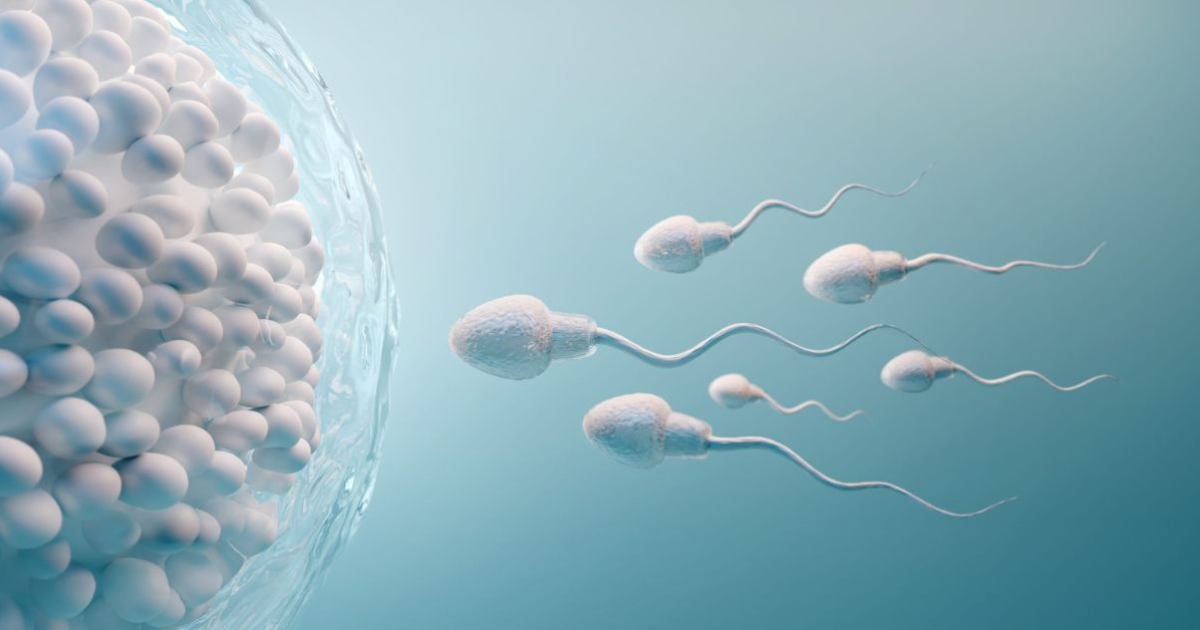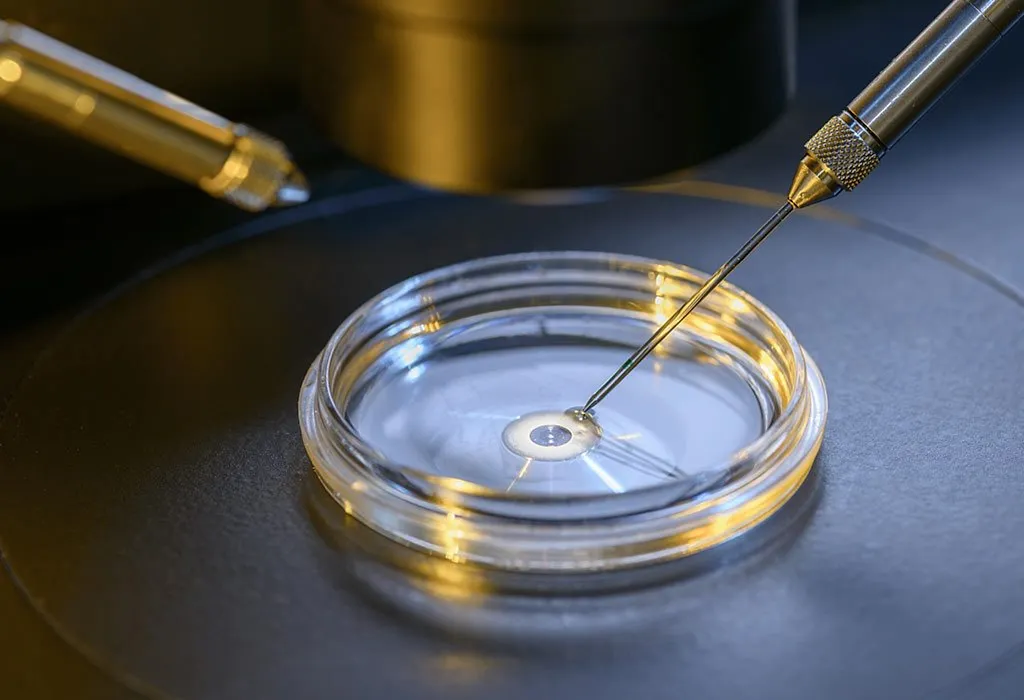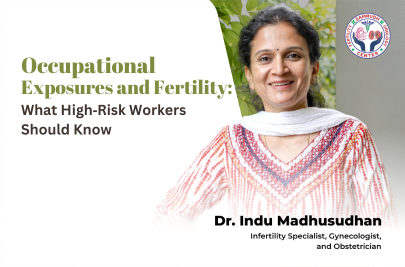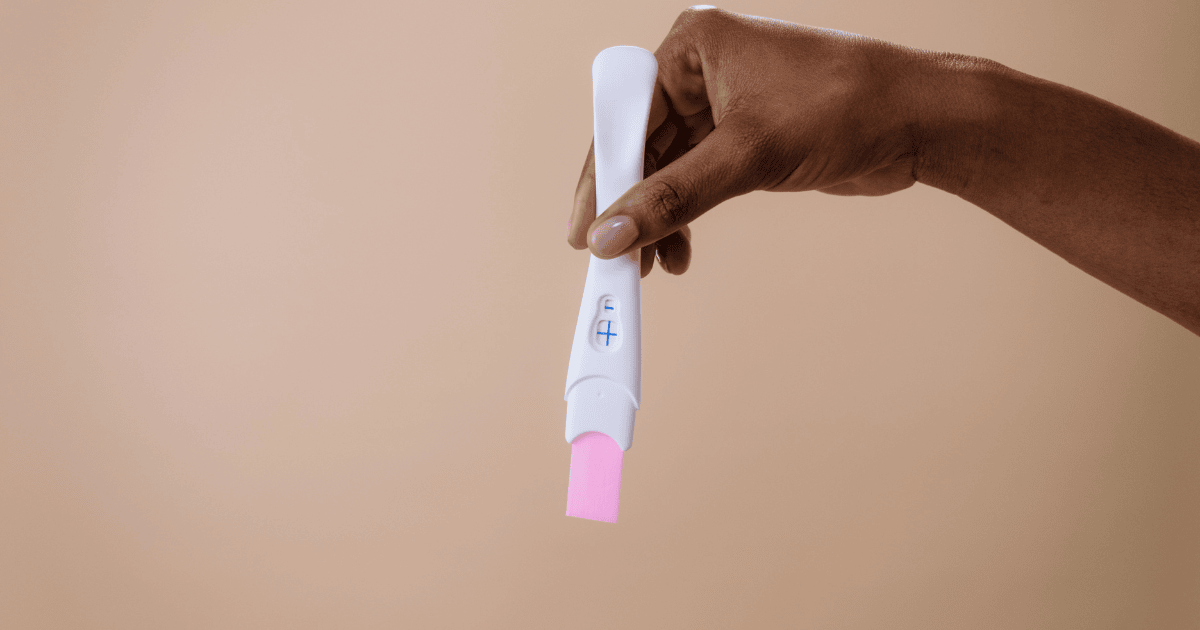Intrauterine insemination (IUI) is one of the most widely used fertility treatments in India. It is often the first option for couples struggling with infertility because it is less invasive, more affordable, and easier to perform compared to procedures like in vitro fertilisation (IVF).
The IUI procedure involves processing (or “washing”) the sperm to concentrate the most active and healthy ones, and then placing them directly into the uterus around the time of ovulation. This bypasses the cervix and increases the chances of sperm meeting the egg.
One of the most frequent questions couples ask is: “How long will it take for IUI to get me pregnant?” The answer isn’t straightforward because it depends on multiple biological and lifestyle factors.
Understanding the IUI Process
To understand how long IUI might take to result in pregnancy, it’s important to first know what happens during the treatment cycle.
A typical IUI process involves:
Cycle monitoring – Doctors track your ovulation using ultrasound scans and sometimes blood tests.
Ovulation induction (if needed) – Fertility medications may be prescribed to stimulate the ovaries.
Sperm washing – The semen sample is processed to remove inactive sperm and concentrate healthy ones.
Insemination – The washed sperm is inserted directly into the uterus using a thin catheter.
Post-procedure rest and follow-up – A pregnancy test is usually advised 14 days later.
The process itself takes only a few minutes on the day of insemination, but the overall timeline to pregnancy can span weeks or months depending on success.
Factors That Affect How Long IUI Takes to Work
The time it takes to conceive after IUI is influenced by:
Age of the woman – Women under 35 tend to have higher chances per cycle compared to those above 35.
Cause of infertility – IUI is more effective when the infertility cause is unexplained or due to mild male factor issues, rather than blocked fallopian tubes or severe endometriosis.
Duration of infertility – Couples trying for more than 5–7 years may take longer to conceive even with IUI.
Sperm quality – Better sperm motility and morphology increase success chances.
Uterine and ovarian health – Conditions like fibroids, PCOS, or thin endometrial lining can affect results.
Number of cycles attempted – Success rates may improve over multiple cycles.
Success Rates of IUI in India
IUI success rates vary between clinics, but in India, the average per-cycle success rate is between 13% and 17% for women under 35.
Table: Average IUI Success Rates by Age in India
| Age Group | Average Success per Cycle | Cumulative Success (3 cycles) |
|---|---|---|
| Under 35 years | 15–17% | 40–45% |
| 35–37 years | 12–14% | 30–35% |
| 38–40 years | 8–10% | 20–25% |
| Over 40 years | 5–6% | 10–15% |
The above numbers are averages; individual results may differ depending on personal health and clinic expertise.
How Many IUI Cycles Should You Try?
Some couples get pregnant after their first IUI attempt, while others may require multiple cycles. Research suggests that most successful pregnancies from IUI occur within the first 3–4 cycles.
If pregnancy has not occurred after six well-timed cycles, the chances of conceiving with IUI drop significantly. In such cases, doctors often recommend moving to IVF or other advanced fertility treatments.
The Role of Timing and Ovulation Monitoring
One of the biggest determinants of IUI success is performing the insemination at the exact right time usually within 24 hours of ovulation.
Doctors may use:
Ultrasound scans to monitor follicle growth.
Blood tests to check hormone levels like LH (luteinizing hormone).
Trigger injections (hCG shots) to precisely time ovulation.
Even a delay of 12–24 hours in insemination can lower the chances of success, which is why precise monitoring is essential.
Comparing IUI with Other Fertility Treatments
IUI is less invasive and more affordable than IVF, but it also has lower success rates per cycle. IVF may be preferred if:
The woman is over 38 and time is critical.
There are severe sperm abnormalities.
Fallopian tubes are damaged or blocked.
Multiple IUI cycles have failed.
However, for couples with mild fertility issues, IUI remains a valuable first option before moving to advanced treatments.
Emotional and Practical Considerations for Couples
The waiting period after each IUI cycle commonly called the two-week wait can be emotionally stressful. Couples often experience anxiety, hope, and sometimes disappointment. It’s important to prepare mentally for the possibility that more than one cycle may be needed.
Support from family, counseling, or fertility support groups can help manage the emotional strain of the process.
Tips to Improve Your Chances with IUI
While some factors are beyond control, couples can improve their chances by:
Following a healthy diet rich in antioxidants.
Avoiding smoking, alcohol, and excessive caffeine.
Maintaining a healthy weight.
Managing stress levels.
Ensuring the male partner’s sperm health is optimised before the cycle.
Conclusion
There is no single answer to the question, “How long does it take to get pregnant after IUI?” For some, it may happen in the very first cycle; for others, it may take multiple attempts. The average per-cycle success rate in India is 13–17%, and most successful pregnancies occur within the first 3–4 cycles.
Couples should work closely with their fertility specialist, ensure proper ovulation monitoring, and make lifestyle changes that support reproductive health. Most importantly, they should approach the process with patience, realistic expectations, and the knowledge that moving to advanced treatments like IVF is always an option if IUI does not succeed.









